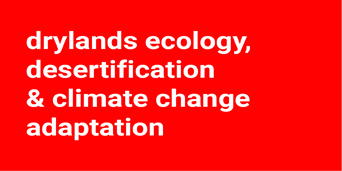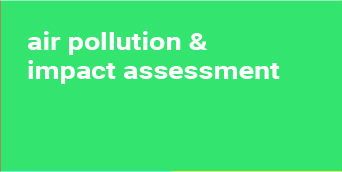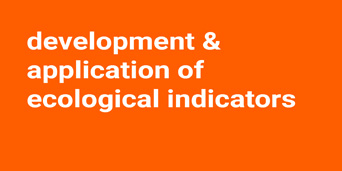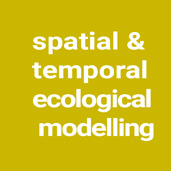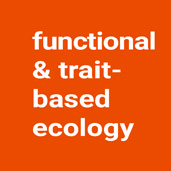
research areas
objectives
Within the group "Ecology of Environmental Change" (eChanges) we study the ecological patterns of ecosystems in a context of environmental change, from local to global scales.
We aim at improving human well-being through the understanding of the effects of anthropogenic factors (e.g. pollution, eutrophication, desertification, climate change) on the provision of ecosystem services. Our research includes the monitoring of the structure and functioning of natural, semi-natural and urban ecosystems, as well as, the development and implementation of strategies to mitigate and adapt ecosystem to global change.
The tools we use are based on the study of the structure, diversity and functioning of ecosystems as well as on the interpretation of spatial and temporal patterns. We develop ecological indicators to track the effects of global change by identifying patterns of ecosystem change and by quantifying vegetation structure and functional diversity (based on species functional traits), both in space and time.
Some of our research topics are:
- Use lichen and plant diversity as tools for the interpretation of environmental change and management effects.
- Develop, test and model early warning ecological indicators of desertification and land degradation in drylands.
- Adapt forest management to global change scenarios in drylands (natural regeneration, reforestation techniques, the role of micro and macroclimate).
- Monitor and evaluate the impact of mining and other industrial pollution, as well as of farming activities (nitrogen pollution), and to contribute to its mitigation (e.g. phyto-remediation).
- Reduce the negative effects of urbanization (fragmentation, heat-island effect) while promoting human well-being and cities sustainability by improving functionality in green areas (green-roofs, green corridors, riparian ecosystem restoration, urban green planning).
eChanges - Ecology of Environmental Change, a research group from cE3c
© 2018 designed by paulis , developed by eChanges

